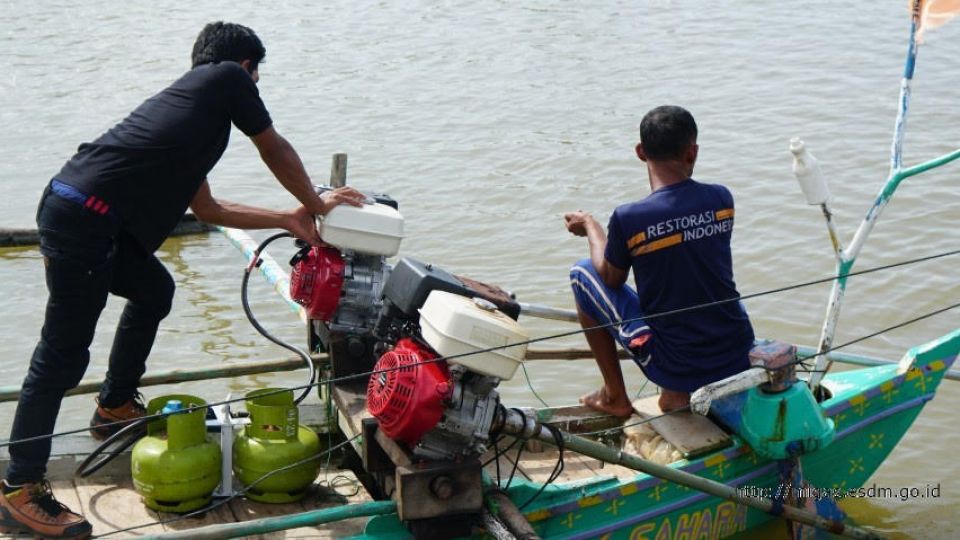September 29, 2022
JAKARTA – State-owned electricity monopoly PLN has canceled its electric stove conversion program, two days after the company said that it had begun a trial with a total of 2,000 beneficiaries.
PLN president director Darmawan Prasodjo said in a statement issued on Tuesday evening that the decision was taken to “maintain people’s comfort” as the economy recovers from the COVID-19 pandemic.
“PLN has decided to cancel its electric stove conversion program. [The company] will continue providing reliable electric supply for the people,” he said in the statement, saying that the company also guaranteed that there would be no electricity price hike until year-end.
Recently, the conversion program was met with criticism from experts and lawmakers.
Satya Widya Yudha, member of the National Energy Council (DEN), said on Monday that the program was a “hasty step” considering the lack of preparation it took before PLN launched its trial.
He went on to say that installing and using electric stoves came with a lot of requirements, which did not suit the needs of small and medium enterprises (SMEs).
“Electric stoves [cannot be] easily moved around by street food vendors who use 3-kilogram liquefied petroleum gas [LPG] canisters,” Satya said in an interview hosted by CNBC Indonesia.
The government previously considered providing free electric stoves for millions of households currently using heavily subsidized LPG for cooking to reduce Indonesia’s dependence on imported LPG and alleviate the strain that LPG subsidies are putting on the state budget.
Domestic producers were set to manufacture a total of 15.3 million electric stoves in the next three years to support the government’s attempt to persuade LPG users to switch to electric stoves.
Initially PLN was in charge of implementing trials in Solo, Central Java, and Denpasar, Bali. The electricity company was to eventually give away more than 300,000 electric stoves by the end of this year.
However, Coordinating Economic Minister Airlangga Hartarto said in a press conference on Friday that the government had decided to postpone the program, adding that there had not been any discussion with the House of Representatives regarding the funding required for the program.
“[The government] has decided that the [conversion program] will not take place this year,” Airlangga said.
State-Owned Enterprises (SOEs) Minister Erick Thohir estimated earlier this month that the state would spend nearly Rp 5 trillion (US$334.7 million) annually to provide free electric stoves for beneficiaries.
At an estimated Rp 134.8 trillion, the subsidy for 3-kg LPG cylinders accounts for 26.8 percent of the nation’s total energy subsidy bill this year.
The country imported 3.9 million tons of LPG worth $3.12 billion in the January-July period, Statistics Indonesia data show.


